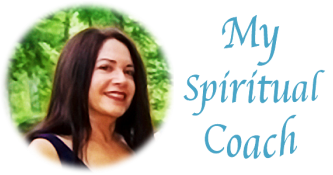We don’t look at others’ shirts and start comparing, wishing we had theirs. We are happy for others that they have a gorgeous silk shirt and we have a plain cotton one. Or maybe we even have a cheap polyester one. We can still be grateful for all the hands that went into getting that shirt to us. We can silently thank the person in the sweatshop in China who is slaving to make money to feed her family, the truck driver who endured traffic in the rain, heat, and other hardships to deliver it. The shop owner who selected it and put it on display and all the hands that touched it in between.
Gratitude takes us on an endless journey of wonderment. It is not dull. We are not looking to the future to feel OK. We feel good right now because we are thankful to be alive. With gratitude we can be happy with plain bread or a simple apple. We can be thankful for all the miracles that went into making that bread, the wonderment of how a juicy apple can come from a small seed. This kind of gratitude for simple things that are perfect just as they are is key to a happy life. Otherwise we are always looking for the next best thing, the thing that is better than what we have.

 RSS Feed
RSS Feed